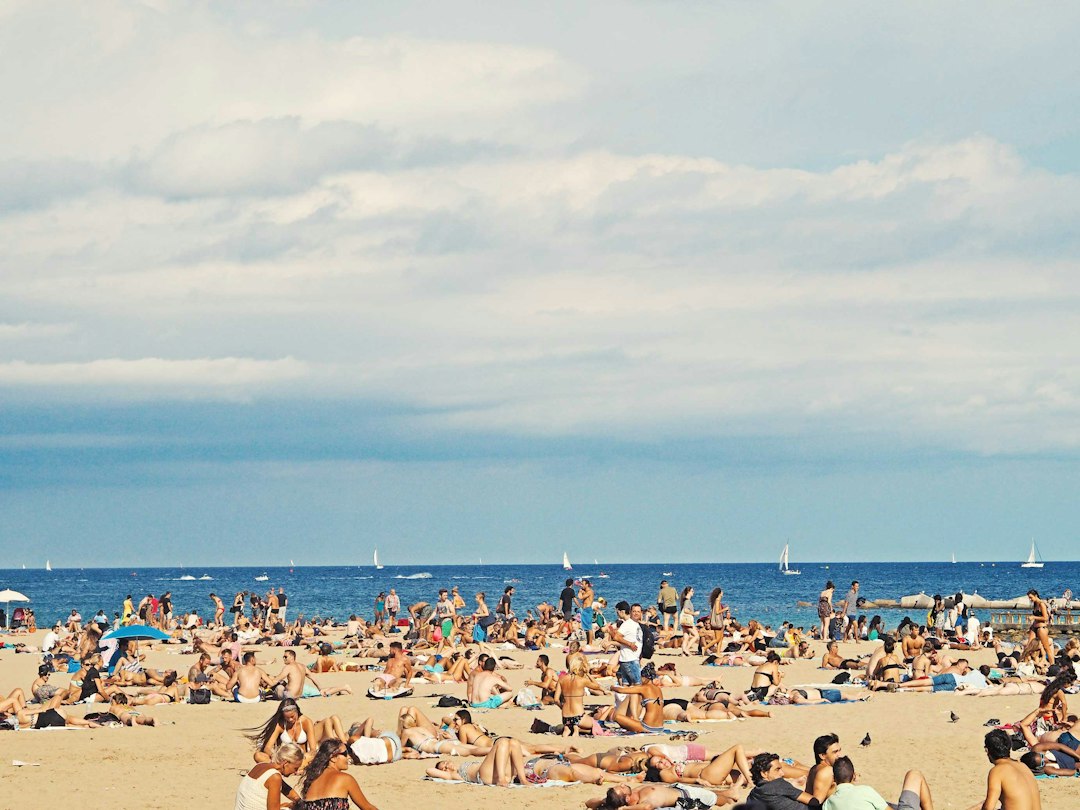Exploring Barcelona’s Jewish Heritage: Tracing the City’s Historical Jewish Quarter
Barcelona, known for its vibrant culture, breathtaking architecture, and stunning coastline, also holds a rich Jewish heritage that is often overlooked by tourists. Throughout history, Barcelona has been home to a thriving Jewish community that contributed significantly to the city’s intellectual, commercial, and cultural growth. Today, visitors can explore Barcelona’s historical Jewish Quarter to discover a world steeped in fascinating history, religious traditions, and architectural wonders.
The Jewish Quarter, locally known as El Call, is nestled in Barcelona’s Gothic Quarter, one of the city’s oldest neighborhoods. Spanning an area of narrow, winding streets and hidden courtyards, El Call offers an immersive experience into the rich Jewish history of Barcelona. With its historical synagogues, museums, and plaques that mark significant locations, this neighborhood serves as a living testament to the Jewish presence that once thrived here.
One of the standout attractions in Barcelona’s Jewish Quarter is the Museum of the History of Barcelona (MUHBA) – El Call. Located within the premises of the former Major Synagogue of Barcelona, this museum provides visitors with a comprehensive insight into the life and culture of the Jewish community during the medieval period. The museum showcases archaeological pieces found at the site, along with documents and multimedia presentations that depict the daily lives, customs, and traditions of the medieval Jewish population in Barcelona.
While exploring El Call, visitors should not miss the opportunity to visit the ancient synagogue of Barcelona, also known as Sinagoga Major. It is one of the oldest synagogues in Europe and a significant symbol of religious tolerance and coexistence. Built in the 5th century and beautifully preserved, this synagogue is a masterful blend of Romanesque and Gothic architecture. Stepping inside, visitors can feel the spiritual aura that once pervaded the space, as well as admire the intricate details of the arches, columns, and decorative motifs.
A short stroll away from the synagogue lies the Centre d’Interpretació del Call, which provides a deeper understanding of Jewish customs, rituals, and history. The center offers guided tours, educational workshops, and interactive exhibits where visitors can engage with the Jewish heritage of Barcelona. Inside the center, you can find reconstructed models of Jewish dwellings, informative displays, and a recreated mikveh, or ritual bath, which plays a vital role in Jewish religious practices.
Another fascinating facet of Barcelona’s Jewish heritage is the story of its most famous Jewish figure, Rabbi Shlomo ben Aderet, also known as the Rashba. Born in Barcelona in the 13th century, the Rashba became one of the most prominent medieval rabbis and scholars. He played a crucial role in shaping Jewish law and his legacy can still be felt today. Visitors can gain further knowledge about the Rashba’s life and accomplishments by visiting the plaque dedicated to him in El Call.
Beyond its dedicated Jewish sites, Barcelona’s Jewish heritage can also be discovered through its general architecture and street names. Take a leisurely walk around the Gothic Quarter, and one can spot signs of the Jewish influence that influenced the city’s urban fabric. Many streets, such as Carrer de la Juderia and Carrer de Sant Domènec del Call, bear witness to the Jewish presence in Barcelona. Additionally, the intricate carvings on numerous medieval buildings exhibit the unmistakable Hebrew-inscribed stone plaques.
Exploring Barcelona’s Jewish heritage is a captivating journey through time, offering a glimpse into a community that left an indelible mark on the city’s history. Visitors have the opportunity to immerse themselves in the past, discover unknown stories, and gain insights into the struggles and contributions of the Jewish community. Barcelona’s Jewish Quarter provides an enriching experience for all, fostering a deeper understanding and appreciation for the diverse cultural tapestry that makes the city so unique.
To truly grasp the significance of Barcelona’s Jewish heritage, taking the time to explore El Call and visit the various attractions within it is a must. By delving into the heart of this historic neighborhood, visitors can gain valuable insights into a chapter of Barcelona’s history that continues to resonate in the present day.
